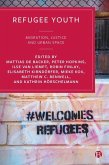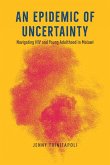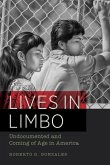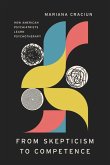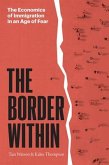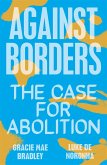"Heartbreaking images of children in distress have propelled some of the most urgent calls for action on immigration crises. While we might feel a personal impulse to help the vulnerable, this often extends to state asylum policies. In Forever 17, sociologist Ulrike Bialas follows young African and Central Asian migrants in Germany as they navigate an immigration system engineered to protect minors. Without official paperwork or even knowledge of their exact age, migrants must decide how to present their complicated life stories to government officials. Age in particular often has an outsized effect on their cases. A migrant under 18 can't be deported, for instance, but might be placed in a youth home with strict curfew laws that are especially infantilizing as peers at home begin to start families. An 18-year-old adult will have permission to work, but not opportunities to go to school. And a 15-year-old mother will be separated from her child. No matter their age or "choice" of age, migrants face psychological burdens as well as practical barriers. But the psychological and practical burdens don't exclusively affect migrants. Bialas also spends time with the social workers and doctors charged with determining a migrant's age and national origins. Though Germany's infamous bureaucracy is constructed to issue clear statements about refugees, the truth is often more complicated. Social workers and doctors grapple with the difficult implications of their decisions. Ultimately, Bialas shows, policies surrounding asylum seekers and other immigrants fall dramatically short of their humanitarian ideals. Even those policies designed to help the most vulnerable can lead to outcomes that drastically limit the possibilities for migrants in real need of asylum and impede them from leading fulfilling lives"--
Hinweis: Dieser Artikel kann nur an eine deutsche Lieferadresse ausgeliefert werden.
Hinweis: Dieser Artikel kann nur an eine deutsche Lieferadresse ausgeliefert werden.


